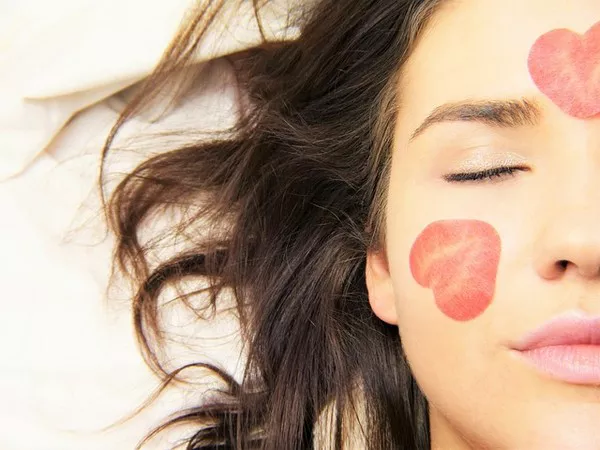In recent years, there has been a noticeable shift in societal attitudes toward mental health, with conversations about anxiety and related disorders becoming more open. However, alongside this progress, a concerning trend has emerged – the romanticization of anxiety. This article aims to delve into the concept of romanticizing anxiety, exploring its roots, manifestations, and the potential harm it poses to individuals and society at large.
Defining Romanticizing Anxiety
Romanticizing anxiety involves portraying anxiety and its symptoms in an idealized or glamorous light. This phenomenon is particularly prevalent on social media platforms, where individuals may share curated images, quotes, or stories that depict anxiety as a misunderstood yet beautiful struggle. While the intention behind such expressions may vary, they often oversimplify the complex and challenging nature of anxiety disorders.
The Roots of Romanticization
Understanding why anxiety is romanticized requires examining the societal and cultural factors that contribute to this phenomenon. Several elements contribute to the romanticization of mental health struggles:
Social Media Influence: The pervasive influence of social media platforms plays a significant role. Users often share personal narratives, creating an environment where the nuances of mental health issues can be overlooked or oversimplified for the sake of relatability and engagement.
Misinterpretation of Artistic Expression: Art and literature have historically been mediums for expressing complex emotions, including those associated with mental health. However, the misinterpretation of artistic expressions as glamorous representations of anxiety can contribute to the romanticization.
Normalization of Suffering: In some cultures, the normalization of suffering and the idea that enduring pain is a sign of strength may inadvertently contribute to the romanticization of anxiety. This perspective can discourage individuals from seeking help and perpetuate harmful stereotypes.
Manifestations of Romanticizing Anxiety
The romanticization of anxiety takes various forms, often perpetuating misconceptions about mental health. Some common manifestations include:
Aestheticizing Anxiety: The use of visually appealing images, filters, and captions to create an aesthetic around anxiety, inadvertently minimizing the severity of the condition.
Glorification of Symptoms: Romanticized narratives may glorify symptoms such as panic attacks or insomnia, presenting them as intense and poetic experiences rather than distressing symptoms that warrant professional attention.
Idealization of Coping Mechanisms: Coping mechanisms, such as self-isolation or avoidance, may be portrayed as admirable acts of self-preservation rather than potential signs of an underlying mental health issue.
The Potential Harm of Romanticizing Anxiety
While the intent behind romanticizing anxiety may not always be harmful, the consequences can be significant:
Barriers to Seeking Help: Individuals who romanticize anxiety may be less likely to seek professional help, believing that their struggles are a natural and beautiful part of life rather than a treatable mental health condition.
Normalization of Unhealthy Behaviors: Certain coping mechanisms romanticized on social media, such as self-destructive habits, may be normalized, leading individuals to adopt harmful behaviors as a way of dealing with anxiety.
Impact on Support Systems: Friends and family members may struggle to understand the gravity of a loved one’s mental health challenges when exposed to romanticized narratives. This can strain relationships and hinder the creation of a supportive environment.
Promoting Mental Health Awareness
To counter the trend of romanticizing anxiety, a collective effort is required to promote mental health awareness:
Educational Initiatives: Implementing educational programs that focus on mental health literacy can help dispel myths and foster a better understanding of anxiety disorders.
Encouraging Authentic Conversations: Encouraging open and honest conversations about mental health without romanticizing the experience can contribute to a more nuanced and accurate understanding of anxiety.
Responsible Social Media Use: Social media platforms can play a crucial role in shaping perceptions. Users, influencers, and content creators should prioritize responsible sharing, providing balanced perspectives on mental health struggles.
See Also: Anti-Anxiety Medication: Types, Benefits & Considerations
Conclusion
While raising awareness about mental health is crucial, the romanticization of anxiety poses potential risks by oversimplifying and glamourizing a complex and challenging experience. By fostering a culture of genuine understanding, encouraging open conversations, and promoting responsible social media use, society can work together to createan environment where mental health is accurately represented and supported. It is essential to recognize that mental health challenges are multifaceted, and addressing them requires a comprehensive and compassionate approach.


